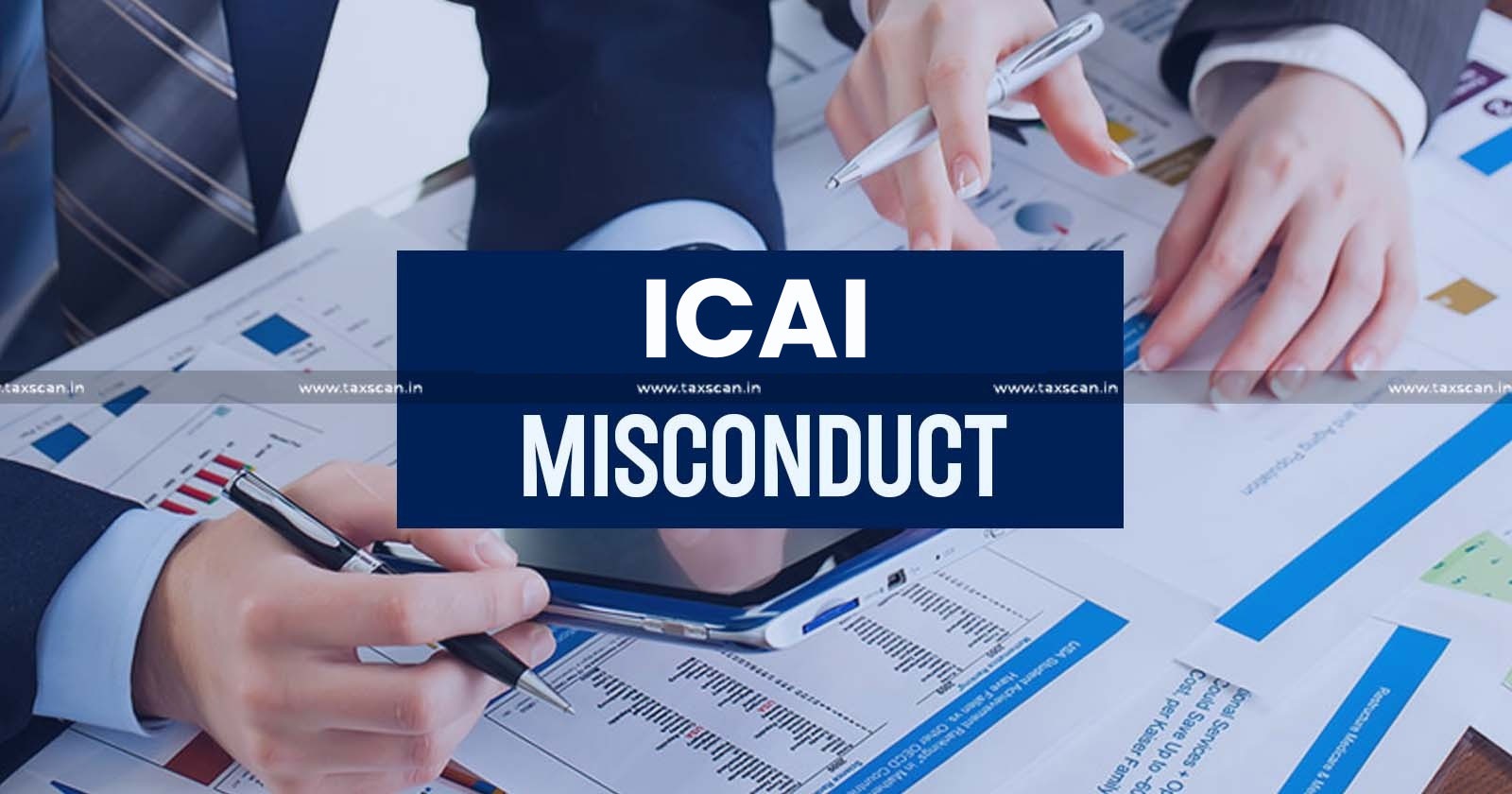S.R. Nayak, J.@mdashThe Industrial Court by the impugned award granted the relief of reinstatement with continuity of service while denying 50% of back wages. The learned single Judge did not find any substantive ground to upset the factual findings recorded by the Industrial Court and discretion exercised by it u/s 11-A of the Industrial Disputes Act, 1947. In that view of the matter, the learned single Judge has dismissed the writ petition. Hence this Writ Appeal by the Management of the APSRTC.
2. The learned Standing Counsel for APSRTC would contend that there was delay on the part of the delinquent workman in instituting the industrial dispute. Elaborating the contention, the learned Standing Counsel would point out that the workman was removed from service in July, 1991, whereas he instituted the industrial dispute in the Labour Court in the month of April, 1993 and therefore, the Management of the APSRTC should not have been saddled with the liability of 50% back wages during the interregnum between July 1991 and April, 1993. This contention of the learned Standing Counsel, in our considered opinion, is not well founded. It is trite that the Industrial Court while dealing with appropriate punishment that may be imposed on the delinquent having regard to the gravity of misconduct had taken into account all the attendant circumstances and that is the reason why the Industrial Court has denied 50% of the back wages to the delinquent workman and otherwise in normal course till back wages would follow the relief of reinstatement. Be that as it may, the Courts under Article 226 of the Constitution should be very slow to upset the discretion exercised by the Industrial Court u/s 11-A of the Act.
3. After hearing the learned counsel for the parties, we do not find substantive or weighty ground, which could persuade us to take a different view from the one taken by the Industrial Court and as confirmed by the learned single Judge of this Court.
4. The Writ Appeal is devoid of merits and accordingly it is dismissed. No order as to costs.

